6. Jacob’s Ladder (1990)
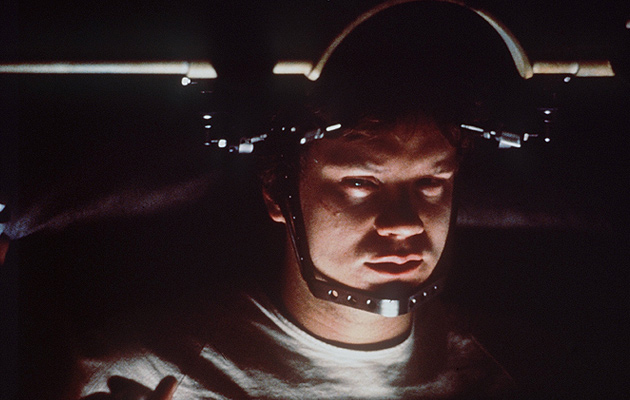
Adrian Lyne had already directed Fatal Attraction (1987), one of the decade-defining thrillers of the ‘80s, and Bruce Joel Rubin’s script had already made Ghost (1990) a supernatural summer hit. But their collaboration made Jacob’s Ladder, released in the fall, more frightening and politically provocative.
In the mid ‘70s, Vietnam veteran Jacob Singer (Tim Robbins) desperately seeks explanations for his disturbing flashbacks to the past and his nightmarish hallucinations in the present, only to find that those who might hold the answers have been silenced. The final resolution is equal parts bio-chemical and theological and wholly damning of the United States’ most regrettable war (at the time) and the military-industrial complex that facilitated it. Endure its horrors — you thought yourself afraid of doctors and hospitals before? — and have the patience to put its pieces together into a complex, one-of-a-kind thriller.
7. Audition (1999)
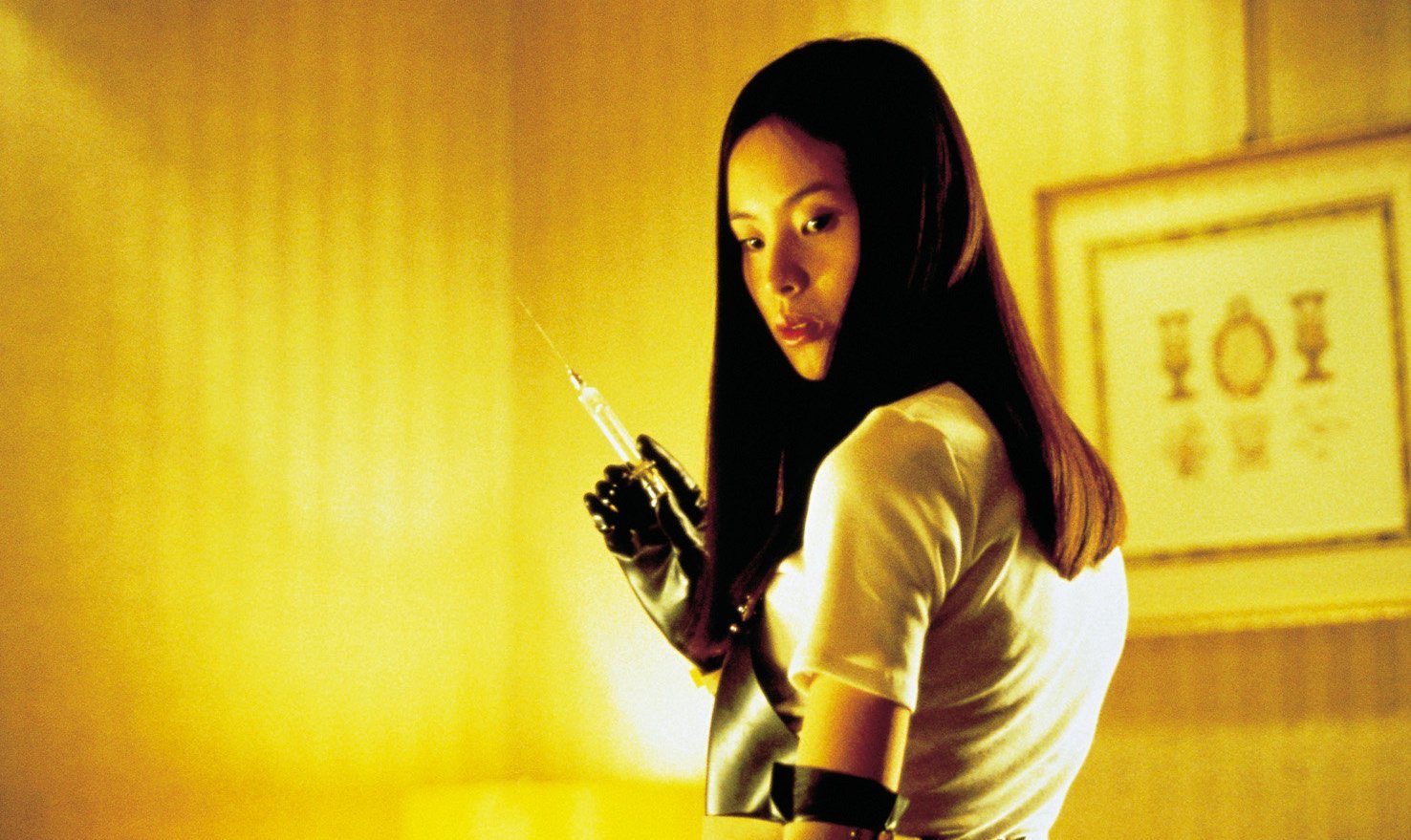
Takashi Miike’s thriller has no need for scientific abuses or divine judgment to induce its horrors. A bittersweet domestic situation is sufficient to begin the story: widower Shigeharu Aoyama (Ryo Ishibashi), at the suggestion of his young son, decides to seek a new wife. The story may even appear ready to take a comedic turn when Aoyama’s friend, a film producer, lures attractive women to an audition for a phony movie so that Aoyama may assess their marital potential. He becomes infatuated with Asami (Eihi Shiina), and pledges to love her faithfully, but he soon makes a series of gruesome discoveries at places from her past. At the same time, Asami discovers a photo of his late wife still on display at his house.
Lyne’s Fatal Attraction and similar romantic thrillers are no preparation for the final outcome here. At the Rotterdam Film Festival in 2000, a record number of viewers walked out of the theater before Audition’s conclusion, and at the Swiss premiere, one member of the audience fainted and required attention at the nearest emergency room. As another indication of its intensity, Miike’s film has since influenced horror directors like Eli Roth. Whether you see the “R” cut of Audition or dare to see the unrated edition, marvel at how quickly and precipitously the ordinary can descend into the horrifying and how the contrast of relatively innocuous beginnings deepens the final terror.
8. La Cérémonie (1995)
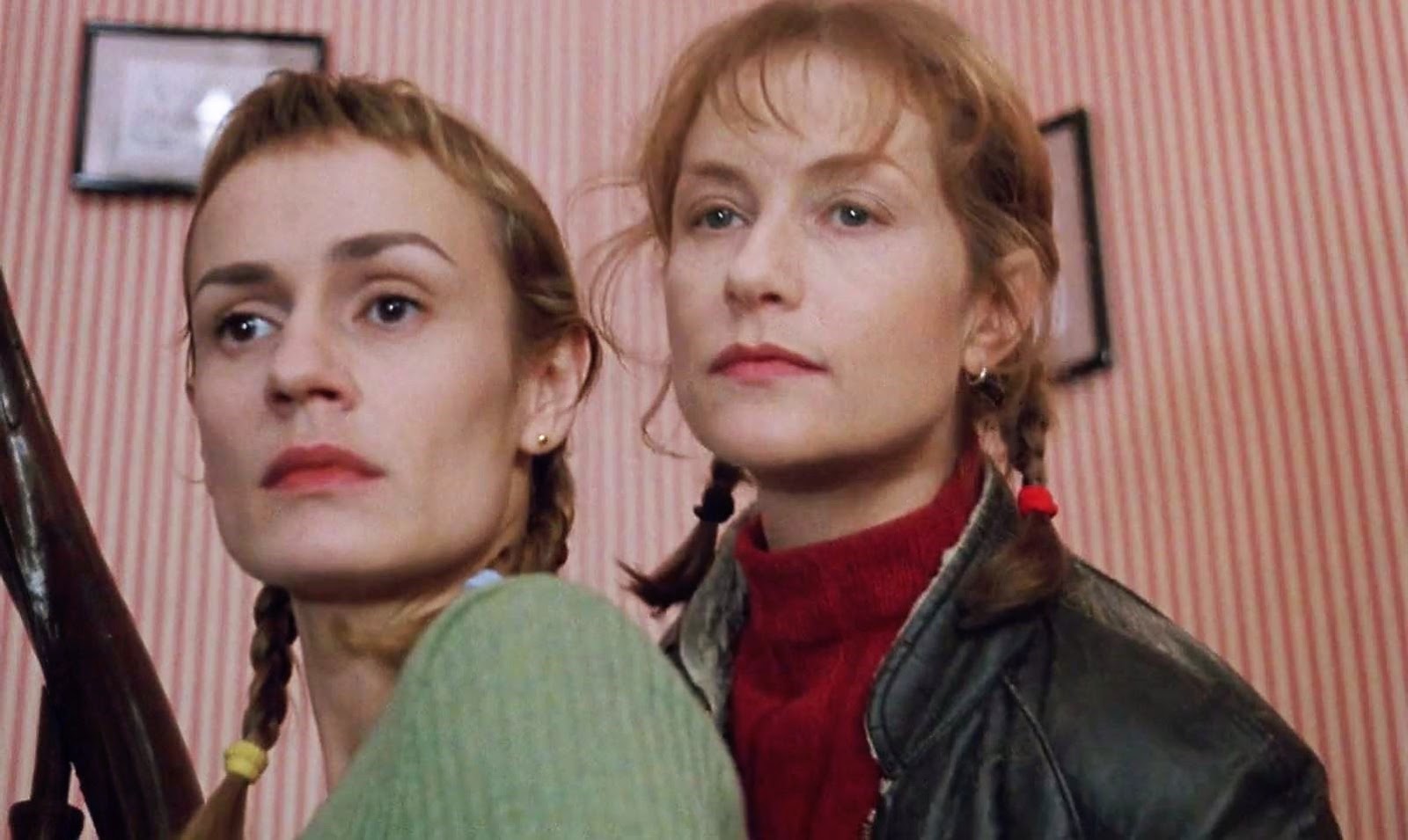
Claude Chabrol, a founding member of the French New Wave and under-praised as “the French Hitchcock”, had been making suspense movies for more than thirty years when he released this social thriller with a dream team of French actresses.
Class differences between the wealthy Lelièvre family — Jacqueline Bisset plays the mother and Virginie Ledoyen the daughter — and their new maid Sophie (Sandrine Bonnaire) are the source of tension. And they run deeper than mere manners and material possessions: life in the lower class has left Sophie without a loving, stable family and with disabilities that she struggles to conceal. Jeanne (Isabelle Huppert), the town’s postmistress, also fumes with resentment against its privileged residents and soon enlists Sophie in her campaign of escalating attacks upon them. See the entire structure explode and collapse in what Chabrol himself called “the last Marxist film.”
9. The Sweet Hereafter (1997)
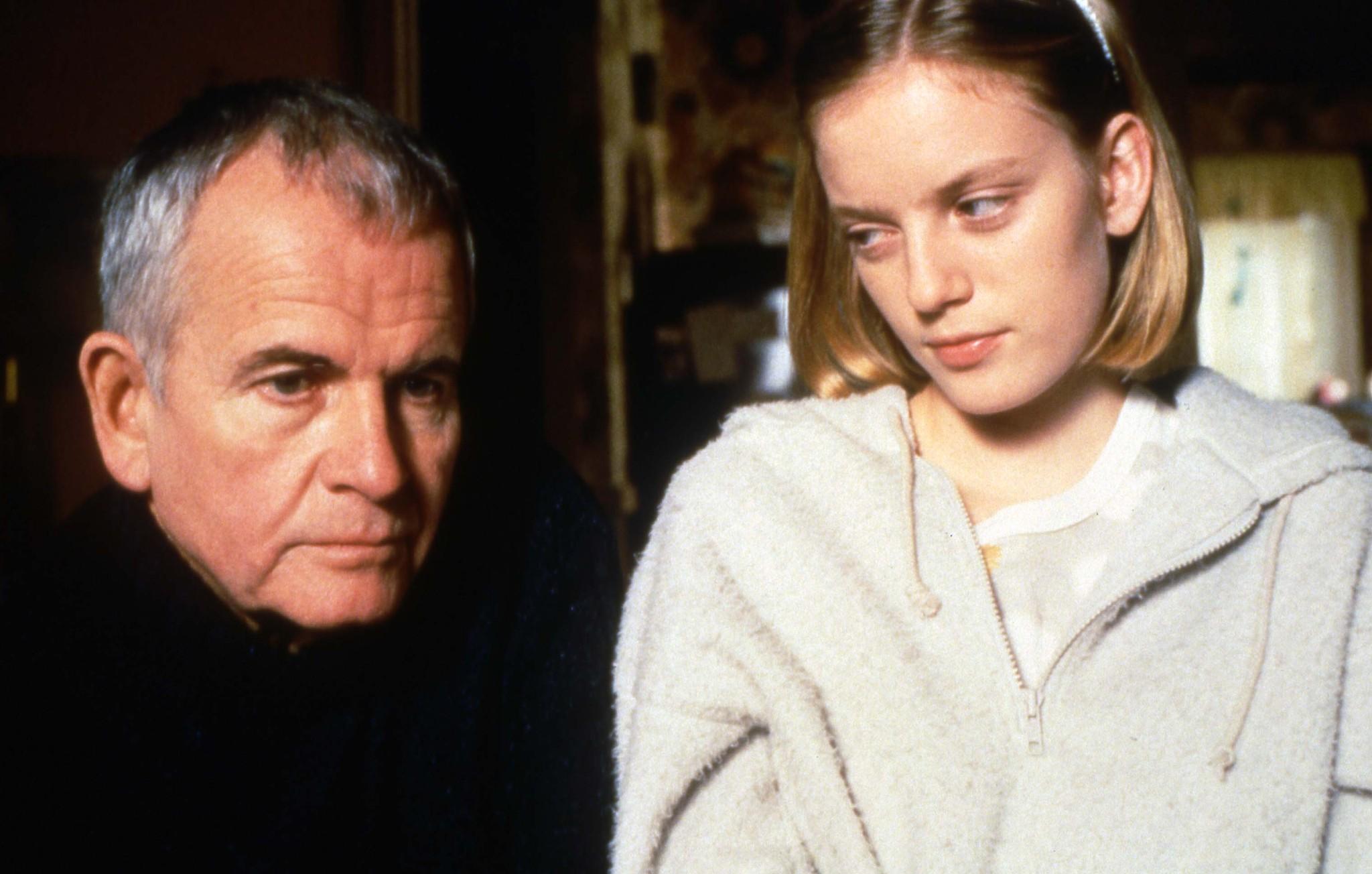
Atom Egoyan also places family and class at the center of this social and legal thriller. Attorney Mitchell Stephens (Ian Holm) arrives in rural British Columbia, determined to convince the grieving parents of 14 children, killed when their school bus crashed through a frozen lake, to join a dubious class-action lawsuit. Secrets emerge from the households of the victims and within Mitchell’s own family as he makes his rounds.
In a technique as old as Greek tragedy, knowing the ultimate fate of the children from the beginning of the story only increases the tension as we watch the bus approach the scene of the accident, again and again, each time a witnesses or survivor provides their account to Mitchell. Whether the locals will buy the smarmy attorney’s sales pitch and join the lawsuit, and whether one survivor will escape a different, continuing trauma remain open questions until the end.
10. The Crying Game (1992)
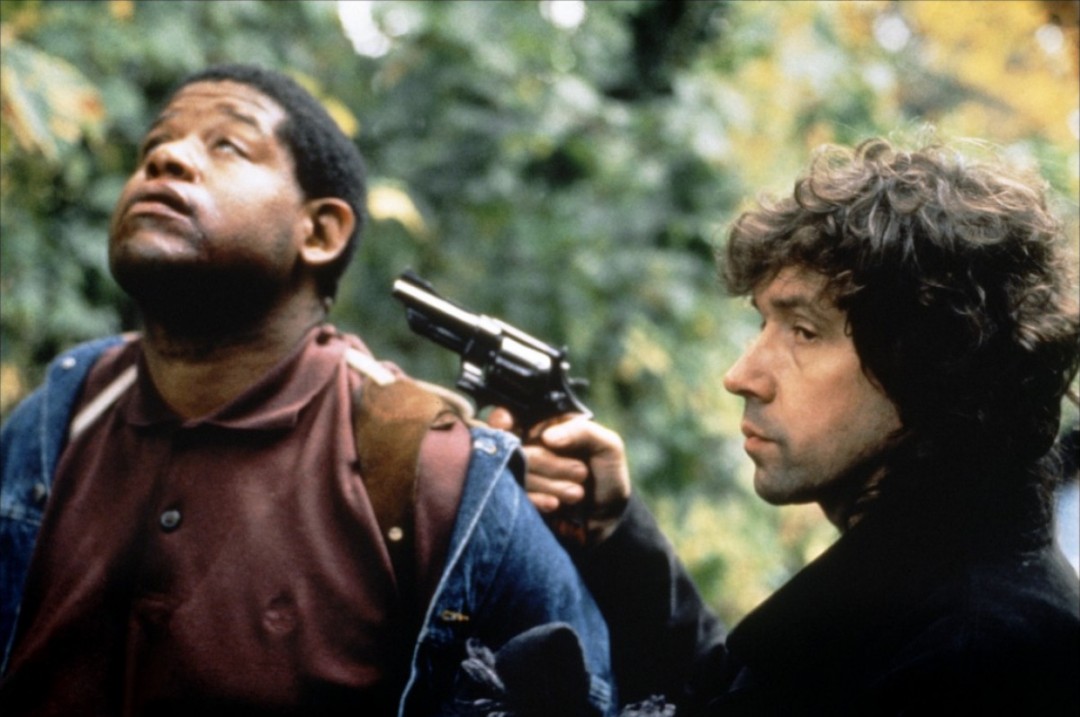
Political thrillers, especially those pitting the United States and its allies against the Soviet Union and other Communist adversaries, were popular throughout the Cold War. After the fall of the USSR and the Iron Curtain at the close of the ‘80s, however, contemporary political thrillers had to find new territory and conflicts. Neil Jordan sets his suspense story amidst the Troubles of his native Ireland and timeless questions of romantic love.
IRA volunteer Fergus (Stephen Rea), too scrupulous to murder British hostage Jody (Forest Whitaker), flees Northern Ireland to London in search of Jody’s lover Dil (Jaye Davidson). He soon finds himself falling in love with her, despite a surprising personal revelation, one that made the film’s title a cultural meme, usually spread as a defamatory punchline, during the still intolerant ‘90s. Fergus must then evade vengeful IRA agents who demand that he make amends for his previous failure by completing an even more dangerous mission. Can Fergus prevent the political from destroying the personal? Find out, as you follow the turns of Jordan’s finely crafted story. Marvel more, though, at his judgments about the conflict in Northern Ireland and the nature of loving relationships, both far ahead of their time.
So the ‘90s yielded excellent thrillers of all varieties — crime, action, horror, sci-fi, social, romantic, and amalgams of several — from all around the world. Every filmmaker on this list has continued to make innovative suspense pictures in the years since (with Chabrol, sadly, passing away in 2010); see the rest of their work! And see their influence on the younger filmmakers of today, who continue to reference and draw upon the titles above, whether they are working in Hollywood or abroad on feature films or streaming series. Conquering our fears by engaging with simulated suspense on screen safely satisfies a basic human need, so the thriller genre, ultimately, is universal and timeless.